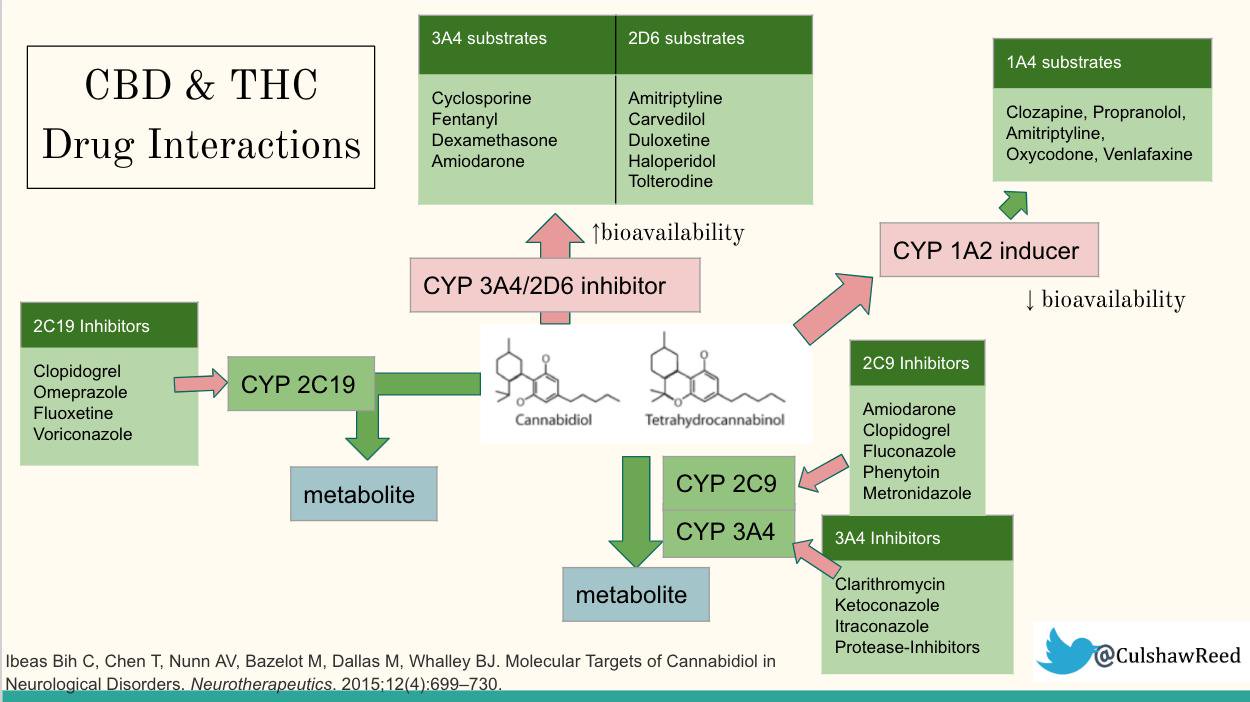
What is CBD? It is a non-toxic, non-intoxicating compound that can relieve pain and help protect your health. Cannabinoids such as CBD and THC can be powerful antioxidants. They block damage that can be caused by free radicals and UV exposure. These free radicals can cause DNA damage and cancer.
Cannabinol
Cannabinol is a cannabinoid that is found in trace amounts in Cannabis, mostly in aged strains. Although it binds to cannabinoid receptors but is less selective for CB2 receptors, it does bind. It is the primary psychoactive ingredient in Cannabis.
Cannabinol (or cannabinol) is a non-intoxicating marijuananoid
Cannabinol or CBN is a nontoxic canabinoid that can be found in Cannabis plants. CBN has a chemical structure that is distinct from THC. It also has unique affinity for different receptors. It is believed to have many therapeutic properties, including anti-inflammatory and appetite stimulant properties. It also has neuroprotective and antiepileptic properties. It may also be helpful in the treatment of insomnia.

Cannabinol is a neuroprotectant
Cannabinol's brain benefits are numerous. It can prevent excitotoxicity. It has been shown that it can lower levels of beta-amyloid, a protein found in the brain. It is also effective in preventing selective neuronal loss and cognitive impairment. These effects extend far beyond Alzheimer's.
Cannabinol is a pain reliever
There is growing evidence to support cannabinol's effectiveness as a pain reliever. A systematic review of 28 randomised trials revealed that cannabinoids had a significantly higher pain-relieving ability than placebos. They also saw a lower average number of numerical pain scores. The authors concluded that moderate evidence supported the use cannabinoids to treat chronic pain. They were surprised to find that most studies were focused only on plant-derived cannabisbinoids.
Cannabinol affects the endocannabinoid system
The chemical factory that is found in all vertebrates, including humans, is called the endocannabinoid. It houses receptors as well as endogenous cannabinoids which regulate the flow and distribution of signals throughout the body. These compounds are short-lived and are released into the body on certain triggers.
Cannabinol suppresses immune responses to T-cells
Cannabinoids including the cannabis compound, cannabinol, suppress T-cell immune reactions. Several studies have shown that cannabinoids can suppress the activity of T-helper 1 cells, or T-cells, and to suppress the production of cytotoxic T-cells. These studies included both human and animal models. The results showed that cannabinoids suppress these immune cells.

Cannabinol reduces inflammation
Cannabinoids have many ways to reduce inflammation. They can trigger apoptosis which causes cells to naturally die. Second, they inhibit the production of the immune signaling proteins known as cytokines. Cytokines are an integral part of the immune system, and play a crucial role in inflammation. THC can reduce their production and reduce inflammation.
Cannabinol might improve your sleep
Cannabinol has been shown to have a positive impact on the body's endocannabinoid system, which regulates the sleep-wake cycle. It may also benefit people suffering from sleep disorder, sleep apnea. It is believed that the brain has an imbalanced level of endocannabinoids. The brain's neurotransmitters, hormones, sleep-wake cycle and pain are all affected by the endocannabinoid system. It contains receptors as well as proteins.
FAQ
Is CBD still a viable alternative?
Yes. The answer is no, not because of its medicinal benefits, but because it helps people feel better without getting high.
It is a great alternative to prescription drugs because it doesn't make your feel different.
As we have seen in studies, cannabis has been shown to be effective in treating pain, anxiety and depression.
Cannabinoids in cannabis interact with our brains. This interaction results in feelings of relaxation as well as well-being.
So if you're interested in using cannabidiol (CBD) oil for health reasons, then it's important to understand what exactly it does and how it affects us.
How big is the global CBD industry?
Euromonitor International estimated that the global CBD industry was worth $US3.5 billion in 2015. This is an increase of more than 10% compared to 2014.
The report predicts that this figure will grow by 12% annually to $US6.4 billion in 2020.
By 2020, CBD products will account for approximately half of all global hemp-derived products.
This includes CBD oils and other CBD products like food, beverages, cosmetics and pet care items.
What does the future hold for the CBD Industry?
The future is bright for the CBD industry. It's easy to see why so many people are jumping on board with this sector. With CBD products accounting for over $1Billion in global consumer spending, it is easy to see how the market is growing exponentially.
Statista reports that in 2019, global sales of CBD (cannabidiol) are expected to exceed $22.4 Billion. That's almost 200% more than in 2018!
It is also expected that the CBD market will grow at a compound annual growth of 22.5%. That would translate to approximately $6.8 million in revenue by 2020.
This is great news for companies looking to enter this space as well as those already operating in the sector. But, it is important to remember that the CBD industry is still in its infancy. There will be many challenges.
Statistics
- OralWhere HED is the human equivalent dose, and Km is a correction factor estimated by dividing the average body mass (BM) of the species (60, 0.020, and 0.150 kg for 11 humans, mice, and rats, respectively) and by its surface area (see: Nair et al. (ncbi.nlm.nih.gov)
- HR −16 mmHg; 95% CI −26, −6; I2 = 92%) (ncbi.nlm.nih.gov)
- While the primary injury may not be treatable, interventions that attenuate secondary sequelae are likely to be of benefit [203].Only one study (ncbi.nlm.nih.gov)
- however, one study also found that these effects were virtually abolished when the original media (a nutrient broth agar) was replaced with one containing 5% blood (increasing the minimum concentration to ~160 μM CBD) [179]. (ncbi.nlm.nih.gov)
- A recent study [161] also found that in vitro CBD treatment (i.e., ≤ 2 h exposure to 10 μM) induced ~40% vasorelaxation in isolated (pre-constricted) (ncbi.nlm.nih.gov)
External Links
How To
How to promote CBD through social media
Social Media channels, such as Facebook, Twitter, Instagram and Pinterest, can help you promote your product.
Social Media Marketing, or SMM, is one of the most powerful marketing tools today. It allows you to connect with customers and prospects at scale without ever having to pick up the phone or send out a mass email! The only thing holding you back is your creativity. What do you think would work best in YOUR business?
CBD is a Cannabis sativa plant extract, which has been known for its healing properties. There are several types of CBD products. The two most popular are full spectrum and isolate. Isolate CBD oil is made from CBD oil that has been extracted from hemp plants. Full-spectrum CBD oil comes from whole plants.
Full Spectrum CBD oil is extracted from the whole hemp plant. This makes it legal in certain areas. However, if you live in a state where medical marijuana use is illegal, then you cannot get CBD oil with THC because it's classified as a Schedule I drug. Hemp plants are low in THC but have enough THC for them to be illegal.
You could advertise on Facebook if your CBD products are sold online. But you probably wouldn't want to advertise on Pinterest or YouTube because those platforms aren't always good choices for promoting CBD. It is important to choose the platform that appeals to your audience and their preferences. Medium is a great platform to use if you are trying to reach people who read articles more than watch videos.
Your goal is to get new leads to your site and convert them into paying clients. This involves attracting attention from potential customers and engaging them. This is possible only if you provide value. Once they find value in your content, they will come to know you and trust you. When they trust you, they will be your lead.
These sections will show you how to manage and set up your Facebook advertising campaigns.
Facebook Advertising Setup
Open an Ad Account
These steps will help you create an advertising account
-
Click on "Create New Campaign"
-
For your campaign, enter a name.
-
Select a location for your ads.
-
Pick whether to target particular locations.
-
Set your budget.
-
Look for the box next, "Advertising Supervisor."
-
Click "Next Step."
-
Scroll down to choose the layout of your ads.
-
Click the "Add Tags” button to add tags to your campaign.
-
Click "Save to Continue."
-
Follow the instructions provided to complete all required fields.
-
Click Continue to proceed
-
Please complete the required information.
-
Continue
-
Review the information provided and click Confirm.
-
Your account has now been created.
You can now add keywords and targeting options to your ad account.
Targeting Options
Facebook offers four options to target ads, as mentioned above.
Location-Based Targeting:
You can target users based on their location using either city, postal code, region, country, or continent. For example, anyone living within 100 mi of Seattle, Washington can be targeted.
Demographic Targeting
You can target people by their gender, age, relationship status, education, income or interests.
Interest-Based Targeting:
You also have the option to target people according to their interest in your products. If someone is interested in hiking, for example, they can be targeted.
Behavioral Targeting
This is similar to interest-based targeted advertising, but instead of targeting people according to their interests, you target people based upon what they do. This could be used to target people who click on your hyperlink and visit your site.
Keywords
Keywords are a key part of any Facebook marketing strategy. They determine where your ads will appear on the platform. A list of keywords will be required when you create your ad profile. The size of the ad account will dictate how many keywords can you include.
Keyword Suggestion Tool:
You may find it helpful to use our keyword suggestion tool, located on the screen's right-hand bottom. You can search for keywords that are similar to your current selection.
Keyword Suggestions
You can enter your keywords and the suggestions that are displayed will depend on the type you have selected. You'll see different suggestions depending on the type of targeting.
Then, follow the prompts and you will get your first ad published.